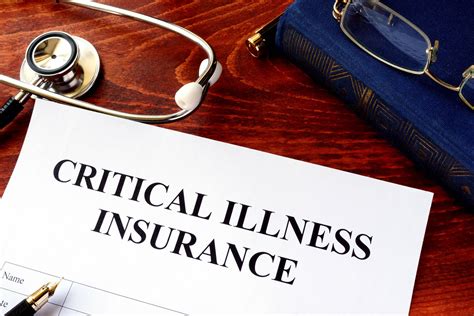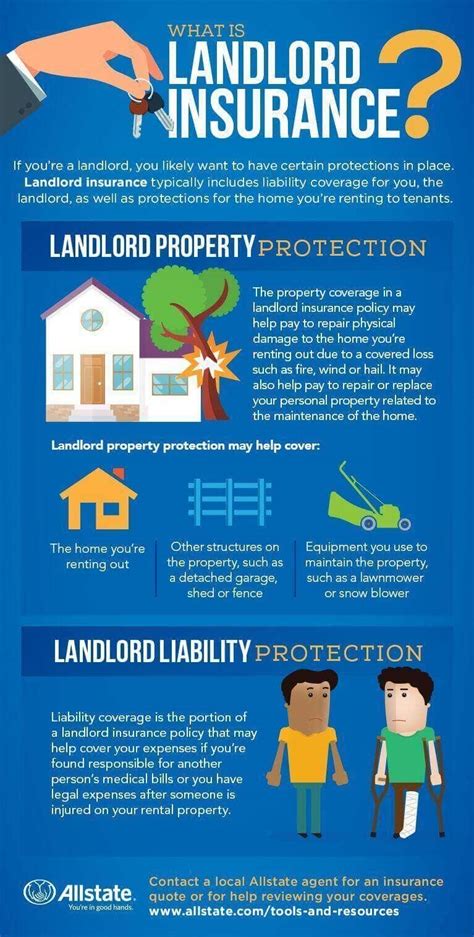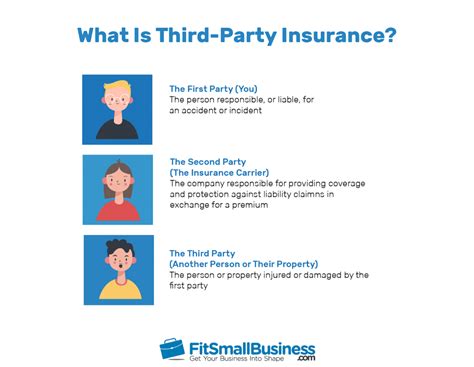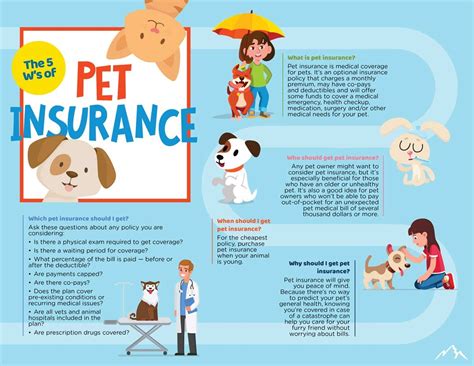Discover the importance of Protection and Indemnity insurance for ship owners, coverage and common exclusions, and how to choose the right provider.
Understanding Protection and Indemnity Insurance
Contents
Protection and Indemnity (P&I) Insurance is a type of insurance that provides coverage for shipowners and operators for third-party liabilities and other risks that are not typically covered by standard marine insurance policies. P&I insurance is designed to protect against a wide range of risks, including marine pollution, cargo damage, collision liabilities, and crew injury claims.
One of the key benefits of P&I insurance is that it provides coverage for legal costs and expenses incurred in defending against third-party claims, as well as compensation payments to third parties for loss or damage. This can be especially important for shipowners, who may face significant financial risk from lawsuits and other liabilities.
Additionally, P&I insurance can also provide coverage for liabilities arising from pollution and environmental damage, which can be a major concern for shipowners operating in sensitive marine environments. By having P&I insurance in place, shipowners can mitigate their financial exposure to potential pollution-related claims and other environmental risks.
In summary, P&I insurance plays a crucial role in providing financial protection and risk management for shipowners and operators. By understanding the coverage and benefits of P&I insurance, shipowners can make informed decisions about their insurance needs and ensure they have the necessary protection in place to safeguard their business interests.
Coverage and Benefits of P&I Insurance
Protection and Indemnity (P&I) insurance provides coverage for ship owners and operators against a wide range of liabilities. This type of insurance is crucial for maritime operations as it offers financial protection against potential risks and legal liabilities that may arise at sea. P&I insurance not only provides coverage for the vessel itself but also extends to the crew, passengers, cargo, and third parties.
One of the key benefits of P&I insurance is the comprehensive nature of its coverage. Unlike standard Hull and Machinery insurance, which only covers physical damage to the vessel, P&I insurance extends to cover a broad range of liabilities and risks. This can include protection against damage to cargo, pollution liabilities, legal costs, and even fines and penalties that may be incurred during the course of operations.
Another important benefit of P&I insurance is the international scope of its coverage. As maritime operations often involve travel across international waters and through various jurisdictions, having insurance that can provide protection regardless of the location is essential. P&I insurance policies are designed to provide coverage worldwide, ensuring that ship owners and operators have financial security no matter where their operations take them.
Furthermore, P&I insurance can provide indemnity for legal liabilities that may arise from third-party claims, such as collisions, salvage, or general average. This can be especially important in the event of a maritime incident where multiple parties may be involved, as P&I insurance can help mitigate the financial impact of legal disputes and claims.
Overall, the coverage and benefits of P&I insurance make it an essential component of risk management for ship owners and operators. By providing comprehensive, international, and indemnity-based coverage, P&I insurance offers financial protection and peace of mind in the often unpredictable world of maritime operations.
Importance of P&I Insurance for Ship Owners
Ship owners are constantly faced with the risks associated with operating vessels in the maritime industry. From damage to third-party property to pollution liabilities, the potential for financial loss is ever-present. This is where Protection and Indemnity (P&I) insurance comes into play, providing crucial coverage for ship owners to protect themselves from these risks.
One of the key reasons why P&I insurance is important for ship owners is the protection it offers in the event of third-party liabilities. In the unfortunate event of a collision with another vessel or damage to port infrastructure, ship owners can be held financially responsible for the damages. P&I insurance provides coverage for these liabilities, ensuring that ship owners are not left with significant financial burdens.
Additionally, P&I insurance also covers liabilities related to pollution and environmental damage. The maritime industry is under increasing scrutiny for its impact on the environment, and ship owners must be prepared to address any potential pollution incidents. P&I insurance provides the necessary coverage for the cost of cleanup, damage to natural resources, and related legal expenses.
Moreover, P&I insurance can also provide coverage for crew-related liabilities, such as injury, illness, or wrongful death. The well-being of the crew is paramount for the smooth operation of a vessel, and P&I insurance offers protection for ship owners in the event of crew-related incidents.
In conclusion, the importance of P&I insurance for ship owners cannot be overstated. It offers essential protection from a range of maritime liabilities, including third-party damages, pollution incidents, and crew-related liabilities. With the unpredictable nature of the maritime industry, P&I insurance provides ship owners with the peace of mind and financial protection they need to navigate the complex risks they face.
Common Exclusions in P&I Insurance Policies
Common Exclusions in P&I Insurance Policies
When it comes to Protection and Indemnity (P&I) insurance, it is important for ship owners to understand the common exclusions that are often found in these policies. These exclusions can impact the coverage and benefits of the insurance, and it is crucial to be aware of them when choosing the right insurance provider.
One common exclusion in P&I insurance policies is the pollution and environmental damage caused by the ship. Most policies have specific limitations on coverage for pollution-related incidents, and this exclusion can have significant consequences for ship owners, especially in the event of an environmental disaster.
Another exclusion that is frequently seen in P&I insurance is war and terrorism-related risks. Many policies do not provide coverage for damages or liabilities arising from acts of war or terrorism, which can leave ship owners vulnerable in certain regions or during times of political instability.
In addition, P&I insurance policies often contain exclusions for intentional misconduct or illegal activities. This means that if a ship owner or their crew engage in unlawful behavior, the insurance coverage may be voided, leaving the owner liable for any resulting damages or liabilities.
Lastly, it is common for P&I insurance policies to exclude coverage for fines and penalties imposed by government authorities. This can include fines for regulatory violations or environmental infractions, and ship owners must be prepared to handle these financial burdens without the support of their insurance coverage.
Choosing the Right P&I Insurance Provider
When it comes to choosing the right P&I insurance provider for your ship, there are several factors that you need to consider. One of the most important things to look for is the financial stability of the insurance provider. You want to make sure that the company has a strong financial standing and will be able to fulfill their obligations in the event of a claim.
Another important factor to consider is the reputation and track record of the insurance provider. You want to work with a company that has a history of handling claims fairly and efficiently. This can help give you peace of mind knowing that your claims will be processed without unnecessary delays or obstacles.
It’s also important to consider the specific coverage options and benefits that each insurance provider offers. You want to make sure that the policy you choose provides the right level of coverage for your needs, including protection for liabilities related to cargo, pollution, and crew injuries.
Additionally, you may want to consider the level of customer service and support provided by the insurance provider. It’s important to work with a company that is responsive and easy to communicate with, especially in the event of a claim or emergency situation.
Lastly, you should also take into account the cost of the insurance policy and compare quotes from multiple providers. While cost should not be the only factor in your decision, it’s still important to find a balance between affordability and the level of coverage and service provided.












